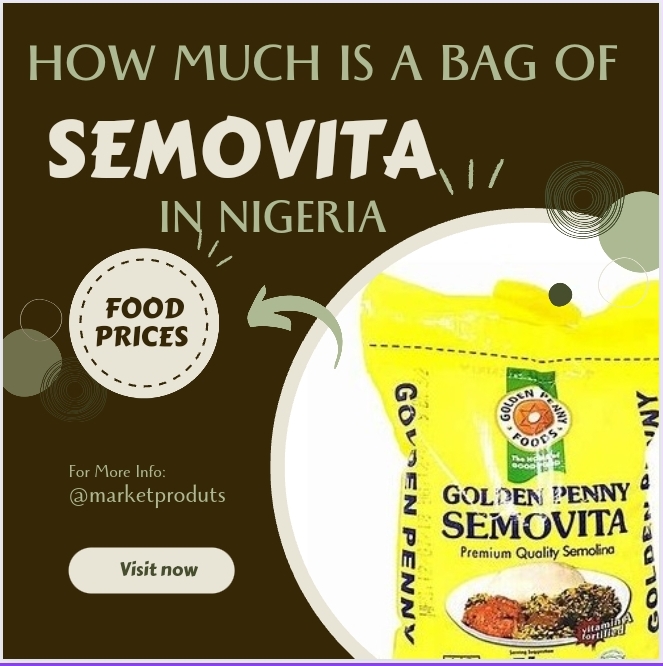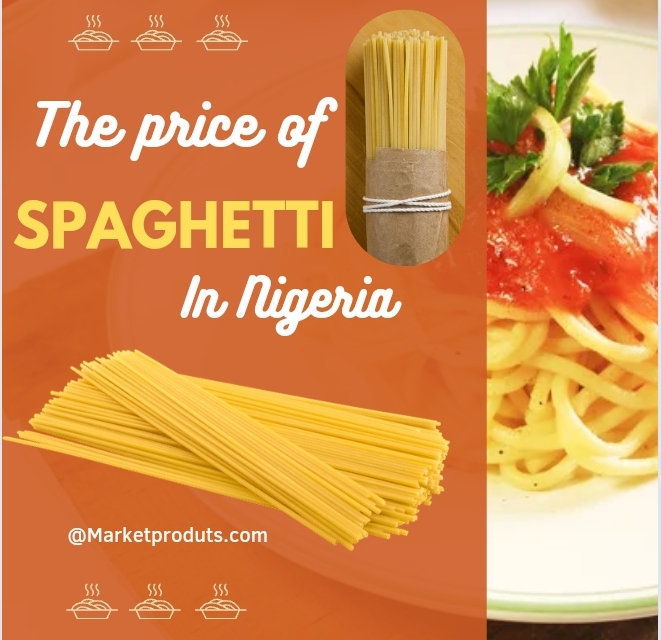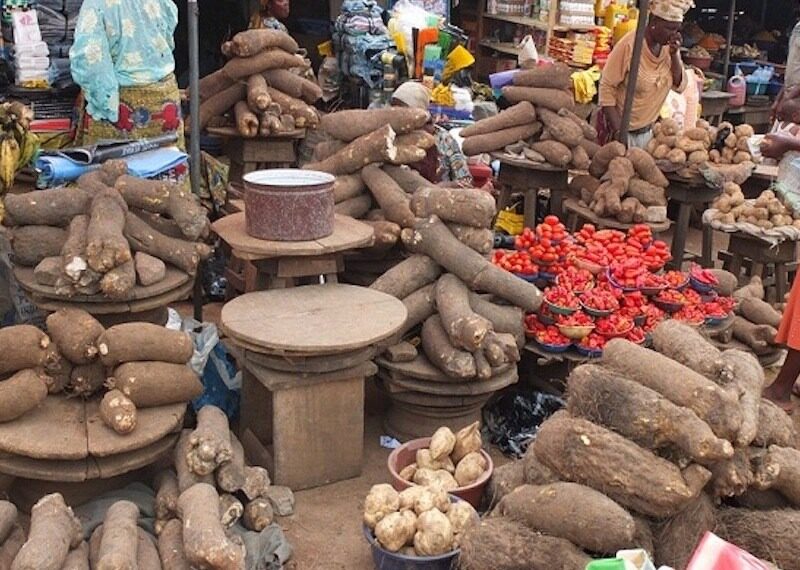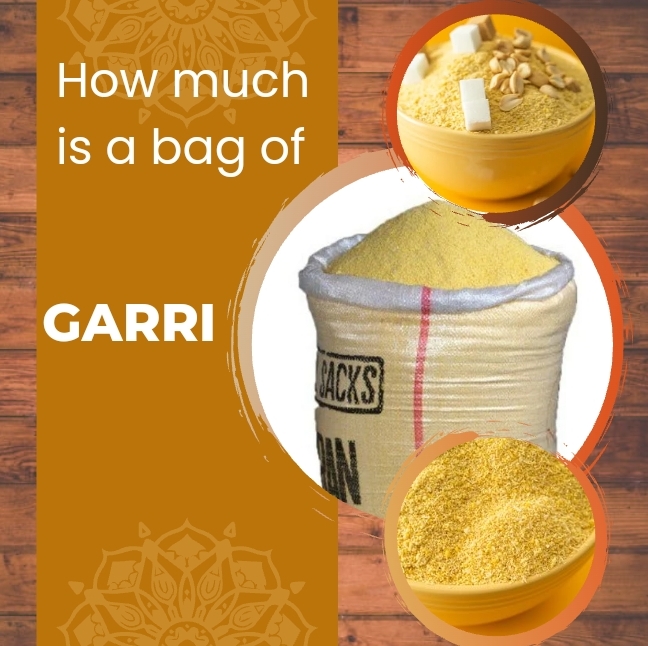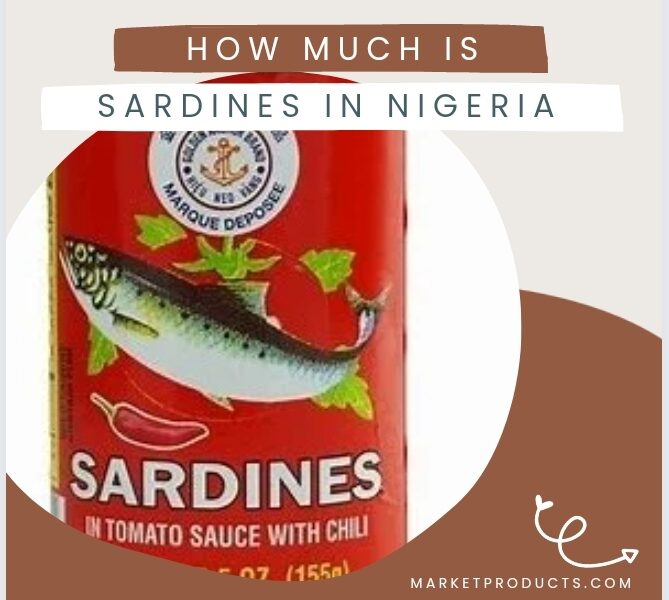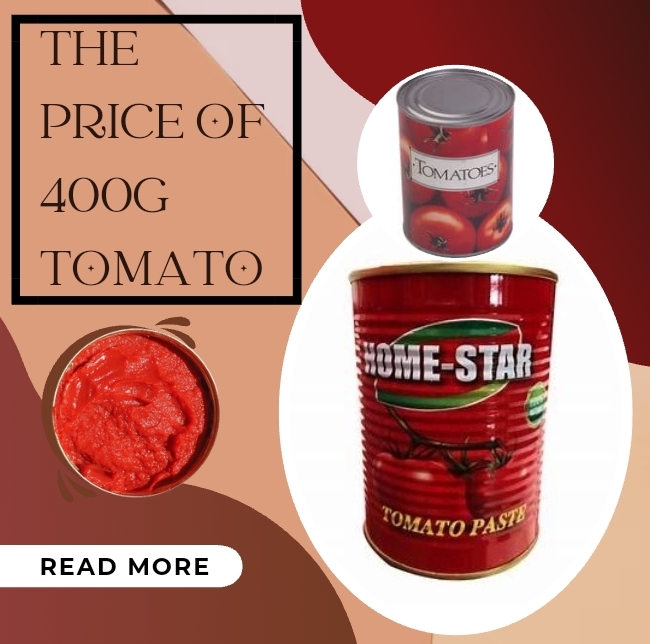Semovita, being a staple food in Nigeria, holds a very significant importance in the our cuisine. Produced from high quality wheat and maize flour, it serves as a versatile ingredient for various traditional dishes. How Much Is A Bag Of Semovita In Nigeria, Understanding its pricing dynamics is very crucial for consumers navigating through the market.
Semovita, as a popular food item in Nigeria, is a type of flour made from a blend of wheat and maize. It’s a staple in Nigerian households, forming the base for many traditional dishes like eba and fufu. Its versatility and ease of preparation make it a favorite among consumers across the country.
Production Process of Semovita
The production of semovita involves carefully selecting and grinding wheat and maize to achieve the desired texture and consistency. The flour is then processed and packaged for distribution to markets nationwide. Leading manufacturers ensure strict quality control measures to maintain the integrity of the product.
Popular Brands of Semovita in Nigeria
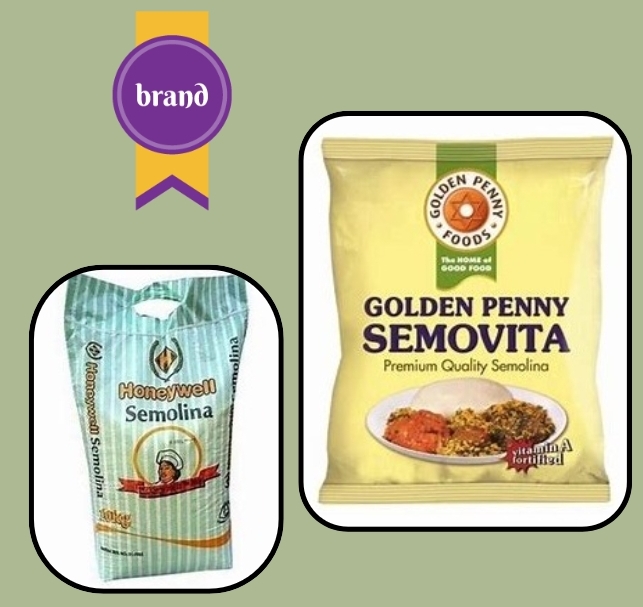
Several brands dominate the semovita market in Nigeria, each offering its unique blend and packaging. Brands like Golden Penny, Honeywell, and Dangote are among the most recognized names in the industry, offering variants tailored to different consumer preferences.
Factors Influencing the Price of Semovita
The price of semovita is influenced by various factors, including the cost of raw materials, production expenses, and market demand. Fluctuations in wheat and maize prices can directly impact the final retail price, along with other economic variables such as inflation rates and exchange rates.
Read more: How Much Is bag of cement in Nigeria
Average Price Range of Semovita in Nigeria
The price of semovita can vary significantly across different regions of Nigeria. In urban areas, such as Asaba, Portharcourt, Lagos and Abuja where demand is higher, prices tend to be slightly higher compared to rural markets. On average, a standard bag of semovita ranges from ₦12,500 to 13,500, depending on the brand and quality.
Economic Factors Affecting Semovita Pricing
Economic factors such as inflation rates and government policies play a significant role in determining the price of semovita. Fluctuations in the value of the naira and changes in import/export regulations can impact production costs and ultimately affect consumer prices.
Consumer Preferences and Purchasing Patterns
Consumer preferences for semovita often revolve around brand loyalty and packaging preferences. While some consumers prioritize quality and nutritional value, others may opt for more affordable options. Market trends also influence purchasing patterns, with manufacturers adapting their offerings to meet evolving consumer demands.
You can also read: How Much is Tomato Rice 25kg?
Tips for Buying Semovita
When buying semovita, it’s essential to consider factors such as quality, price, and brand reputation. Consumers should compare prices across different stores and inspect packaging for any signs of tampering or damage. Opting for trusted brands can ensure product consistency and quality.
Impact of Semovita Pricing on Consumers
The affordability of semovita can impact consumers’ dietary choices and overall food security. Rising prices may force consumers to seek alternative food options, potentially compromising nutritional intake. Government interventions, such as subsidies and price regulations, can help alleviate financial burdens on consumers.
Government Interventions and Subsidies
Government initiatives aimed at stabilizing food prices and ensuring food security can have a significant impact on the semovita market. Subsidies on key ingredients and price regulations help mitigate the effects of inflation and ensure affordable access to essential food items for all citizens.
Future Outlook for Semovita Pricing
Looking ahead, the future of semovita pricing will likely be influenced by emerging market trends and economic developments. Manufacturers may explore innovative production methods to reduce costs and improve efficiency, while consumers continue to seek value for money in their food purchases.
Challenges Faced by Semovita Manufacturers
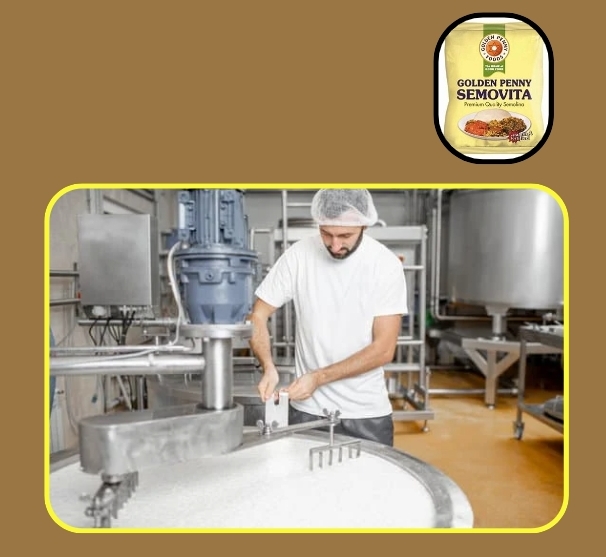
Semovita manufacturers face various challenges, including competition from alternative food products and supply chain disruptions. Rising production costs and logistical issues can affect the availability and pricing of semovita in the market, posing challenges for both manufacturers and consumers.
Health Considerations of Semovita Consumption
Semovita offers essential nutrients and carbohydrates, making it a valuable component of a balanced diet. However, excessive consumption may contribute to health issues such as obesity and diabetes. Consumers should consume semovita in moderation as part of a varied and nutritious diet.
Cultural Significance of Semovita
Beyond its nutritional value, semovita holds cultural significance in Nigerian cuisine, often featured prominently in traditional recipes and celebrations. Its versatile nature allows for creative culinary interpretations, preserving cultural heritage while embracing modern culinary trends.
How Much Is A Bag Of Semolina In Nigeria
The price of a bag of semolina in Nigeria varies depending on several factors such as location, brand, and market dynamics. Generally, a bag of semolina, which typically weighs around 5kg to 10kg, can range from ₦5,000 to ₦14,000 or more. However, fluctuations in prices due to factors like seasonality, transportation costs, the present day inflation and availability of raw materials can significantly influence the final cost. Semolina is a popular food in Nigerian cuisine, often used to make dishes like swallow, which is smooth and satisfying and enjoyed with soups. Understanding the current market trends and shopping around for competitive prices can help consumers make informed choices when purchasing this essential food item in Nigeria.
How Much Is Semo 1KG
How Much Is A Bag Of Semovita In Nigeria, As of now, the price of semolina (Semo) in Nigeria can vary depending on various factors such as location, brand, and market dynamics. On average, a 1kg pack of semolina typically ranges from around ₦1500 to ₦2000 in local markets and supermarkets across the country. However, prices may fluctuate due to factors like seasonal variations, transportation costs, and changes in the cost of production. It’s advisable for consumers to check current prices at their local markets or grocery stores for the most accurate information
What are the different sizes of Semovita?
Semovita, a popular Nigerian food product made from semolina flour, comes in various sizes to accommodate different household needs and preferences. Typically, Semovita is available in sizes ranging from 500g to 10kg packages. The smaller sizes are convenient for individuals or smaller families, offering ease of storage and consumption, while larger sizes are suitable for larger households or commercial use. Whether it’s a quick meal for one or a feast for many, the diverse range of Semovita sizes ensures that everyone can enjoy this beloved staple of Nigerian cuisine.
What is the difference between semolina and Semovita?
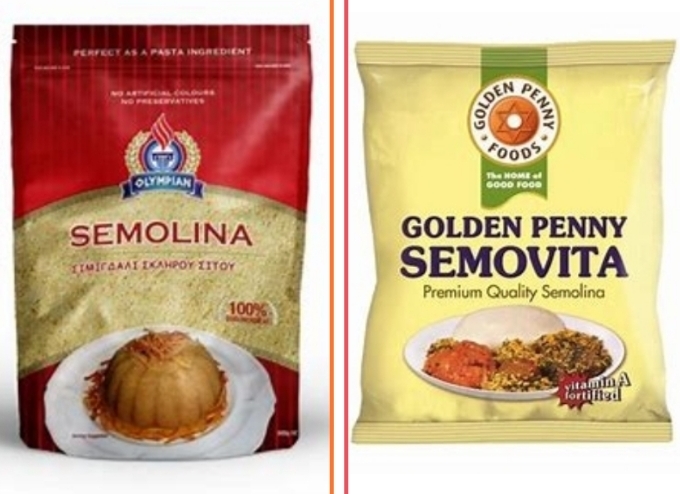
Semolina and Semovita are both popular food products derived from wheat, but they differ in their composition and culinary uses. Semolina is a coarse flour made from durum wheat, known for its high protein content and golden color. It’s commonly used in pasta, bread, and dessert recipes. On the other hand, Semovita, also known as Semolina flour, is a finer ground wheat product fortified with vitamins and minerals, primarily used in Nigerian cuisine to make a type of swallow known as “swallow food,” a staple accompaniment to soups and stews. While both products originate from wheat, their textures, nutritional profiles, and culinary applications distinguish them in various culinary contexts
Conclusion
Semovita plays a vital role in Nigerian cuisine, offering a versatile and nutritious option for consumers across the country. How Much Is A Bag Of Semovita In Nigeria, Understanding the factors influencing its pricing and consumption patterns is essential for both consumers and industry stakeholders. With careful consideration of quality, affordability, and cultural significance, semovita continues to be a staple food in Nigerian households.
